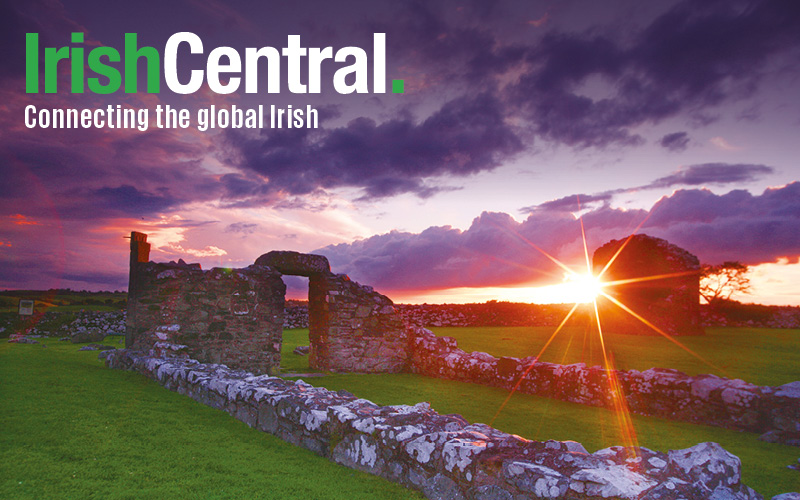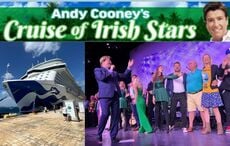The Irish are famed for many things -- for their writers, their music, their hospitality, and even for their whiskey.
But what about for love?
It’s quite odd that we’re not known for it. Casanova may have been Italian, but goodness knows some Irish men, in their own inimitable way, could certainly give him a run for his money. The word on the street is that the Irish are a passionate lot, so where’s the list of the top 10 star crossed Irish lovers?
You could start with Diarmuid and Grainne, perhaps, and move on to Scarlett O’Hara and Oscar Wilde -- if ever two people wore the heels off Cupid it was those last two.
But rumors of social impropriety or epic dysfunction of one kind or another seem to have dogged the steps of every famous Irish coupling you can think of. Why is this?
Maude Gonne broke W.B. Yeats’ heart; Lord Alfred Douglas ruined Wilde’s life and career; Daniel O’Connell’s rumored affair with Kitty O’Shea concluded his life in politics; even James Joyce had a rough time with Nora Barnacle (who said no long before she said yes).
It’s a vale of tears, Irish coupling. It seems like drama is knit into our character, and that’s why Dublin-based writer and columnist Quentin Fottrell’s new book “Love In A Damp Climate: The Dating Game…Irish-Style” is such a compelling read. Anything that opens the window on how the Irish live and love, because it’s still so rare, is completely absorbing.
As the agony uncle on his Web site WorldWeary.com, Fottrell has been dishing out advice to lovelorn and confused Irish punters for the past seven years. In the process he has taken the pulse of where Ireland is now in affairs of the heart, and his book makes for a fascinating study.
Finding and keeping a relationship is always a struggle, heaven knows, but the challenges facing couples nowadays are nothing like the romantic trials faced by our grandmothers or even our mothers. These days, in the anything-goes liberal -- if slightly damp -- climate of 21st century Ireland, love is a whole new ballgame and the old maps won’t lead you anywhere.
Fottrell promises to take the reader to the coalface of the Irish dating scene and he genuinely does, from Internet booty calls to first dates from hell, to childhood sweethearts finally taking the plunge, it’s all here and it’s all as engrossing as you would imagine.
There are, after all, many Irelands. There’s club life Ireland, there’s rock concert Ireland, there’s gay bar Ireland, there’s the Pioneer Ireland. You could meet your future lover over a bag of chips, a decade of the rosary or over coffee at the Winding Stair.
A nation of immigrants, Fottrell wisely gives voice to the experience of long distance lovers too, that most searing of all Irish unions, where going abroad or staying put can be a life changing decision.
Love, at any age, is a very mysterious thing. Fottrell is at his best when he stands back and simply chronicles the affairs of the heart of his Irish subjects, who come from every social class, orientation, and age group.
Some struggle with weight issues, some with addictions to booze, some seek others attention or approval in acts that are ultimately destructive to themselves.
Women and men experience anxiety about their attractiveness. Some struggle with a broken heart that nothing, it appears, can salve or make whole again.
A man or woman in love is as vulnerable a creature as walks the earth. Fottrell knows how what we value can reveal who we are, and he is always patient, provocative and forthright.
He calls it like he sees it and his romantic advice rings true, a lot of it obviously the result of his own hard won experiences.
Fottrell is particularly good at advising people how to overcome their own fears. He knows that when fear barriers are surpassed, most people can withstand even the worst life has to throw at them, and he knows that when a relationship is in crisis the best advice is to acknowledge it rather than run the other way.
What’s refreshing about his new book is that it’s not sexist, either. He doesn’t give women advice he wouldn’t give men. That’s the best sign yet that modern Ireland’s making real progress in affairs of the heart.




Comments